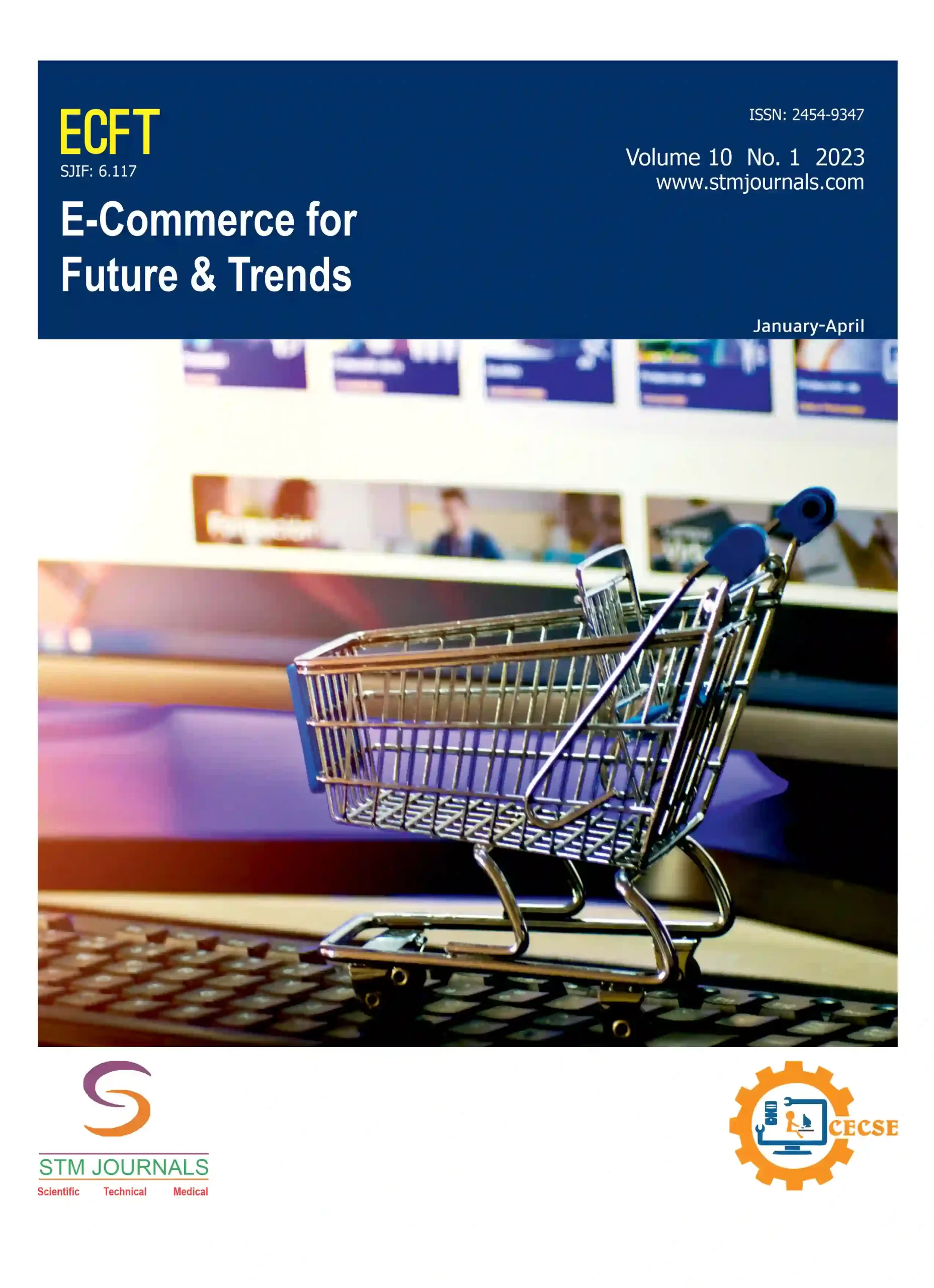
Louay Al Nuaimy,

Hazem Migdady,

Mahammad Mastan,
- Lecturer Department of Computer Science & Management Information Systems, Oman College of Management and Technology Halban Oman
- Assistant Dean Academic Affairs and Scientific Research, Oman College of Management and Technology Halban Oman
- Assistant Professor Department of Computer Science, Oman College of Management and Technology Halban Oman
Abstract
In line with the Sultanate of Oman’s strategic vision for 2040, there has been a notable surge in prioritizing information and communication technology. Emphasizing the imperative of digital transformation, this vision underscores the necessity for both public and private institutions to continually evolve and enhance their administrative functions and services. Digital transformation extends beyond mere technological integration, presenting a holistic organizational restructuring, encompassing internal operations to public service delivery. A cornerstone initiative in this transformative journey is the Digital Oman project, overseen by the Ministry of Transport, Communications, and Information Technology. This comprehensive approach involves ongoing exploration and implementation of e-governance programs across sectors, such as education, healthcare, and justice. With a strong focus on e-commerce, the Sultanate actively addresses various aspects, including payment systems, technical infrastructure, regulatory compliance, and legal considerations. Despite the burgeoning development of high-quality e-commerce websites by Omani companies, challenges persist, particularly in online payment systems and legal frameworks. This research delves into the prevalent issues obstructing the progress of e-commerce in the Sultanate of Oman. Furthermore, the study proposes strategic solutions, leveraging artificial intelligence to catalyze the successful launch of e-commerce. Aligned with the title “AI and E-Commerce in the Sultanate of Oman and its Prospects”, the research explores the integration of AI to enhance the efficiency and effectiveness of e-commerce platforms, thereby advancing innovation and technology within Oman’s digital landscape.
Keywords: AI, E-commerce, information and communication technology, digital facilities, booking via the Internet
[This article belongs to E-Commerce for Future & Trends(ecft)]
References
- Origines JR DV, Ibanez ZP. ePortal Store: a Web Business Model catalyst. In Proceeding of International Conference on Science, Health, And Technology. 2021 Apr 6; 203–210.
- Baker P. Barber shops and male mental health. In: Trends in Urology & Men’s Health. Wiley; 2020.
- Roberts WC. Looking back at the Baylor University Medical Center Proceedings (1988–2022). In Baylor University Medical Center Proceedings. 2022 Sep 15; 35(5): 728–730. Taylor & Francis.
- Harris T. The barbershop in Black literature. Afr Am Rev. 2017; 50(4): 547–53.
- Khadafi M, Marzuki M, Akhyar C, Chalirafi C, Fuadi F, Sinta I, Ilham RN. Analysis of Financial Ratio Determinants for Increasing Operating Profit in MSMEs Service Sector: an Empirical Case Study from Barber Shop Business in Indonesia. Management Research and Behavior Journal. 2021 Dec 30; 1(2): 68–73.
- Kurniawan M, Syah TY, Pusaka S, Indradewa R. Marketing analysis over start-up business in lifestyle (combining barbershop and coffee shop) at PT. Jeeva Work Corporation. Journal of Multidisciplinary Academic. 2020 Feb 23; 4(1): 52–5.
- Le Phi Phung. Business plan for a barbershop and hairdressing salon in Lappeenranta. Bachelor’s Thesis. Finland: Saimaa University of Applied Sciences;
- Pakhare S. Buyer-Seller Relationship-An Analysis of Customer Service Experience with Barber Shop. In Proceedings of International Academic Conferences (No. 6709479). International Institute of Social and Economic Sciences. 2018 Oct.
- Pardeshi, R., buyer-seller relationship-an analysis of customer service experience with barber shop. Open Access International Journal of Science & Engineering (OAIJSE). 2017; 12(2): 119–121.
- Putra KD, Piarsa IN, Sukarsa IM. Geographic Information System for Booking Beauty Salon and Barber Shop with an Android-Based ECRM Approach. Sci J Inform. 2020 May 31; 7(1): 52–65.
- Steele CK. The digital barbershop: Blogs and online oral culture within the African American community. Social Media+ Society. 2016 Dec; 2(4): 2056305116683205.
- Sulistyawati US. Billing Barber Shop (An Implementation of GoodBarber App Builder). International Journal Software Engineering and Computer Science (IJSECS). 2022 Oct 30; 2(2): 46–51.
- Xin DU, Ling-yan WA, Ling LU. Design and Realization of Information Management System of Barber Shops Based on VB. NET. Computer and Modernization. 2012 Nov 10; 1(11): 99.
- Giwah AD, Wang L, Levy Y, Hur I. Empirical assessment of mobile device users’ information security behavior towards data breach: Leveraging protection motivation theory. J Intellect Cap. 2020 May 28; 21(2): 215–33.
- Hadad S. Challenges for banking services in the knowledge economy. Manag Dyn Knowl Economy. 2019; 7(3): 337–52.
- Abidin MA, Nawawi A, Salin AS. Customer data security and theft: a Malaysian organization’s experience. Inf Comput Secur. 2019 Feb 27; 27(1): 81–100.
- Asadi S, Nilashi M, Husin AR, Yadegaridehkordi E. Customers perspectives on adoption of cloud computing in banking sector. Inf Technol Manag. 2017 Dec; 18: 305–30.
- Abu‐Musa AA. Investigating the security controls of CAIS in an emerging economy: An empirical study on the Egyptian banking industry. Manag Audit J. 2004 Feb 1; 19(2): 272–302.

E-Commerce for Future & Trends
| Volume | 11 |
| Issue | 01 |
| Received | February 1, 2024 |
| Accepted | February 8, 2024 |
| Published | March 28, 2024 |

